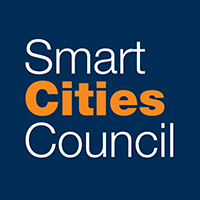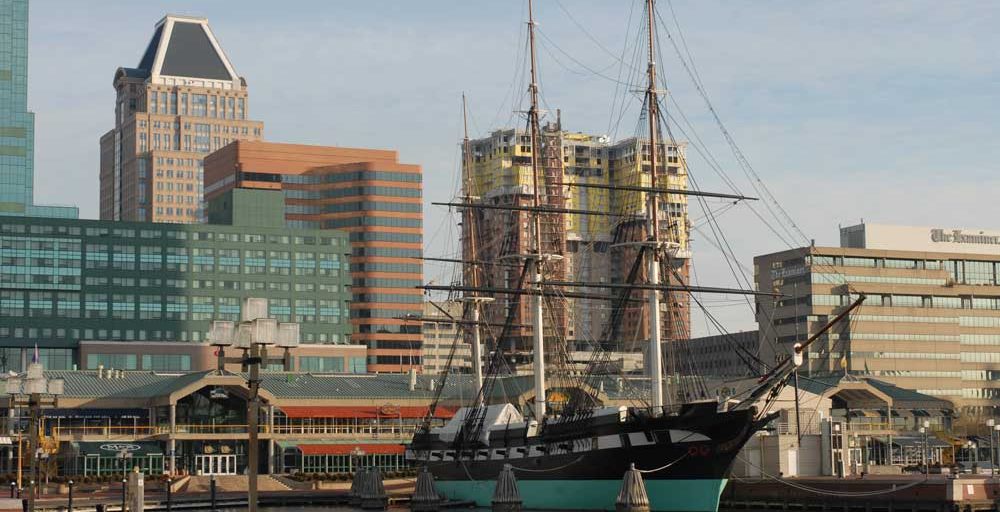Baltimore’s ambitious strategy to dramatically reduce food waste and feed the hungry
Food rescue and recovery programs aren’t new. We’ve reported on their strategies and technologies they use before. The benefits to keeping food that restaurants, stores and others can’t use out of landfills are numerous: feeding the hungry, reducing air pollution and wasting fewer resources like the water and energy it took to grow it.
The city of Baltimore, in partnership with the Natural Resources Defense Council, is taking it even further because city leaders expect distinct economic advantages from their program
Baltimore’s Food Waste Recovery Strategy contains the components one would expect from a food recovery program, and more.
A big plan with big expectations
As Mayor Catherine Pugh said in her announcement of the program, “Locally based composting keeps dollars in the community, promotes strong neighborhoods, cleans and enriches Baltimore’s soil, and, importantly, supports local food production and food security. We’re proud that Baltimore is taking a leadership position in this national conversation on how we can reduce food waste and enhance composting. Being more intentional about food waste and recovery supports Baltimore’s commitment to innovation, expands workforce capacity and addresses access to healthy affordable food.”
In the U.S., more than 20% of the trash sent to landfills annually is food. Baltimore’s total trash output in a year is about 430,000 tons and most of it is incinerated — which is a health hazard and contributes to air pollution.
“Keeping food waste out of landfills and incinerators is good for our health, environment, the local economy and the city’s bottom line,” said Elizabeth Balkan, NRDC’s food waste director. “Baltimore is not only taking steps to deliver these benefits to its residents, but to set a model that cities around the world will follow.
Among the city’s goals are to reduce commercial food waste by 50% and residential food waste by 80% by 2040.
Elements of the food waste recovery strategy, which is funded by The Rockefeller Foundation, include:
- Educating citizens about food waste and how they can help through NRDC’s Save the Food public service campaign in partnership with the Ad Council, and related community engagement programs.
- Encouraging city businesses to donate surplus food and recruiting public health inspectors and others to support the effort as well.
- Encourage citizens and businesses and providing incentives for composting organic materials and food scraps.
“The City of Baltimore is taking an unprecedented step today to advance a more sustainable food system for its people,” said Devon Klatell, Senior Associate Director and Food Initiative Lead for The Rockefeller Foundation. “This work by NRDC and the city will help ensure the people of Baltimore have an efficient supply of food and benefit from a resilient and healthy food system.”
With its new program, Baltimore joins Denver as a partner with NRDC and The Rockefeller Foundation in their Food Matters project.
Jesse Berst is the chairman of the Smart Cities Council, which helps cities use technology to become more livable, workable and sustainable. Apply now for the Council’s Readiness Challenge, which provides tools and hands-on mentoring to help cities accelerate their smart cities initiatives.




















